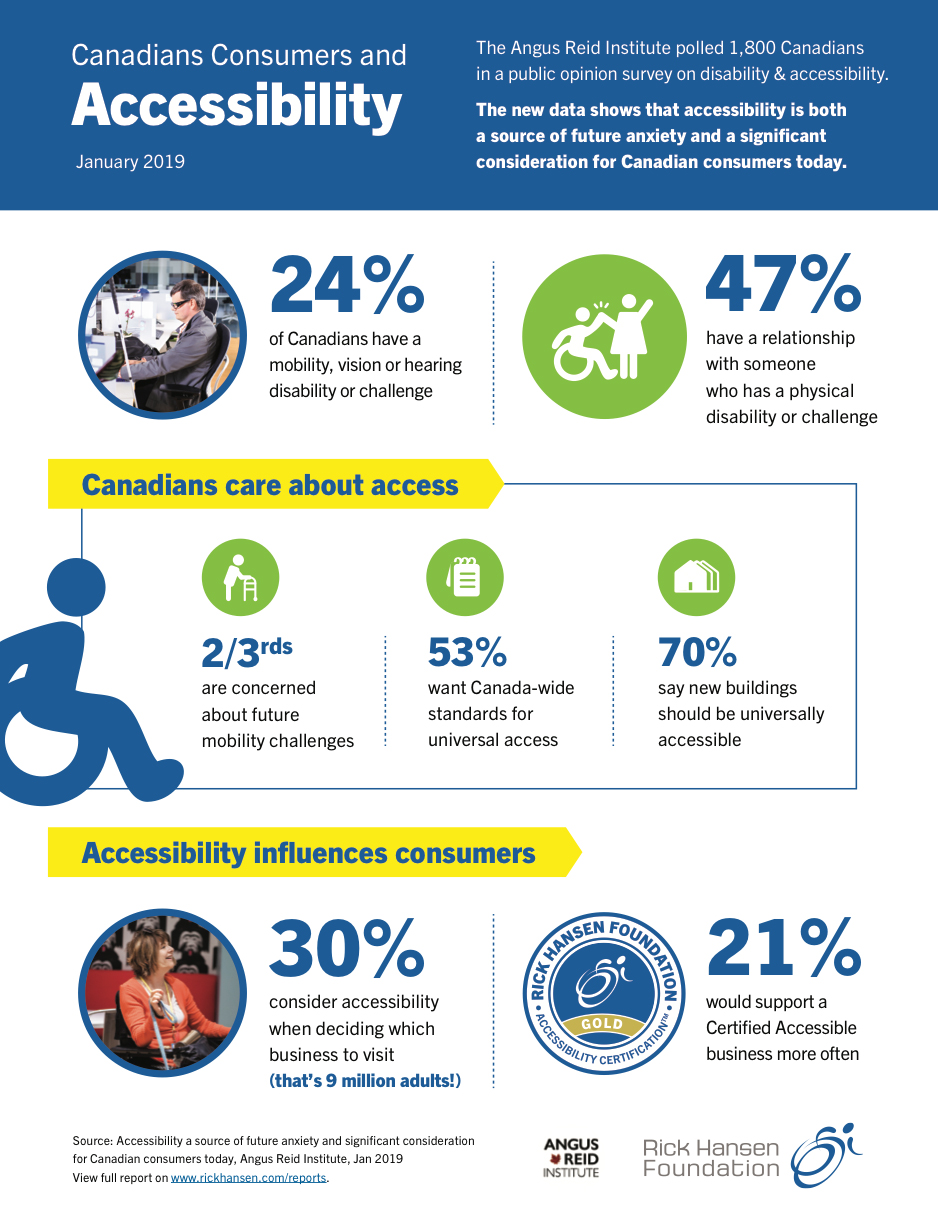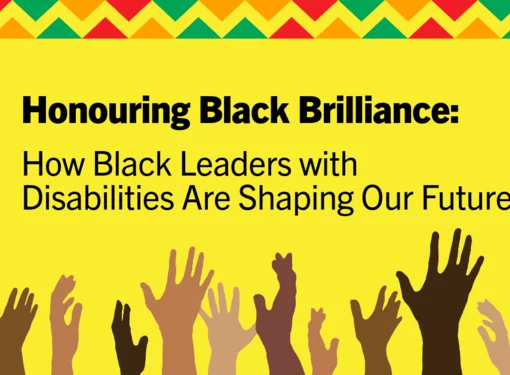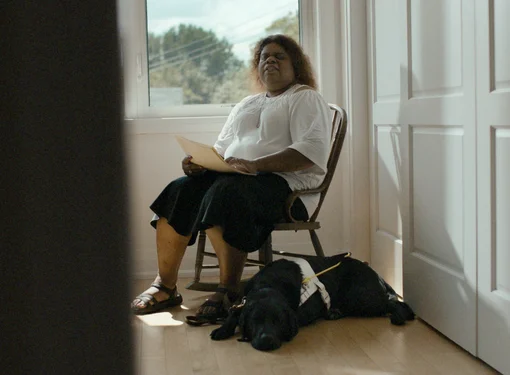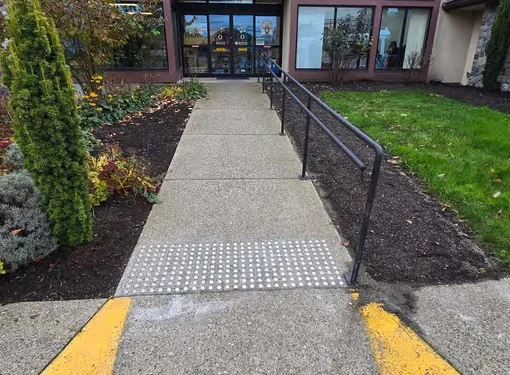I can’t buy it if I can’t reach it: The importance of access to Canadian consumers
Picture two women shopping for the perfect dress for an event they are attending on the weekend. One of them suggests a new independent designer she’s heard good things about. However, when they arrive at the shop, three small steps lead up to the front door. The women turn to each other, shrug, and head to the mall down the block, where they know they can depend on ramps and elevators to help them navigate the space independently and with ease.
These two women could be young mothers with strollers, or retirees with walkers. They could be using wheelchairs with the skill and grace learned from practice, or clumsily using crutches for the first time due to a temporary disability. The stairs could have been a barrier to only one of them or both.
It is hard for business owners to know when they aren’t meeting the needs of potential customers if those individuals can’t even get in the front door. However, Canadian consumers are increasingly concerned about access, and it can influence whether or not they choose to visit a businesses, new public opinion research from the Angus Reid Institute (ARI) shows.
According to the online survey conducted among 1,800 Canadians, nearly one-quarter (24%) of Canadians self-identify as having mobility, vision, or hearing challenges or disabilities. These physical disabilities often determine where individuals can and cannot go. Additionally, Canadians worry about how the accessibility of their community will affect in them in the future, with two-thirds of Canadians concerned about worsening mobility in the coming years. With our aging population, these concerns are more important than ever.
Many Canadians are accustomed to being able to access to any building, event or service without a second thought. On the other hand, visiting a new place means research, worry, and possible exclusion for those dealing with mobility, vision or hearing challenges - even temporary ones. Anyone can run into temporary accessibility challenges, whether from injuries, carrying heavy luggage, or navigating life with a stroller.
Some restaurants cater to individuals with food allergies by maintaining a kitchen which safely avoids cross-contamination, in order to attract the thousands of people who have severe allergies but still love to eat out. It’s a feedback loop; people with allergies choose to visit these restaurants, rewarding their efforts. On the other hand, businesses with a poor reputation for accommodation don’t perceive a need to change, because guests with food allergies won’t even bother coming in.
While disabilities and allergies can’t really be compared, that same type of feedback loop resonates in the story of accessibility in Canada. How does the dressmaker with three steps learn about the growing number of customers who saw the stairs and passed by?

Barriers Influence Shopping Habits
According to the ARI survey, 30% of Canadians — or roughly 9 million adults — say that accessibility is a consideration for them when they’re thinking about which places to visit and which to avoid. Of the locations people said were ‘difficult’ to get around in, small, independent stores and restaurants topped the list, just after ‘other people’s homes’.
Some common barriers to access are stairs with no elevator or ramp, heavy doors and narrow hallways. These barriers and others are important considerations for a business. Solutions are often cheaper and simpler than many realize. It could be as simple as removing display tables at the ends of aisles so that a wheelchair user can navigate a store, or improving the lighting for customers with low vision.
Canadians Want Universal Accessibility Standards
Since ARI first asked the question 2015, the majority of Canadians have consistently agreed that Canada should be ‘universally accessible for everyone whenever this is possible’. However, in Canada today, accessibility standards vary from province to province and city to city. Though most of us are not familiar with the accessibility regulations in our regions, 69% of Canadians feel that universal accessibility should be the goal for new buildings whenever possible. The majority of Canadians (54%) also believe that there should be ‘one uniform set of rules for accessibility across Canada’.
Accessibility Certification Can Remove Barriers
Fragmented legislation and insufficient building code can make it challenging for well-meaning building & business owners to know where to start. The Rick Hansen Foundation Accessibility CertificationTM (RHFAC) program rates and certifies the meaningful accessibility of the places where we live, learn, work and play. This certification both showcases a commitment to accessibility and helps consumers decide where to shop. One-in-five (21%) Canadians say that if they knew a business in their community had been certified accessible, they would try to give more of their business to that store.
For the two women out dress shopping, spotting a ‘Certified Accessible’ badge on a small business website or store window will give them the confidence to venture somewhere new. For that independent dressmaker, turning an unnecessary step into a welcoming ramp would open the door to two new customers while also making their community more inclusive.
Open your door to all Canadians by booking an RHFAC rating today.
Read the full report from ARI, ‘Accessibility: A source of future anxiety and a significant consideration for Canadian consumers today’ to learn more about Canadians’ experiences and perceptions of accessibility. This report is also available in French.
Download your free copy of this infographic, or view as an accessible PDF: 'Canadian Consumers and Accessibility 2019'








